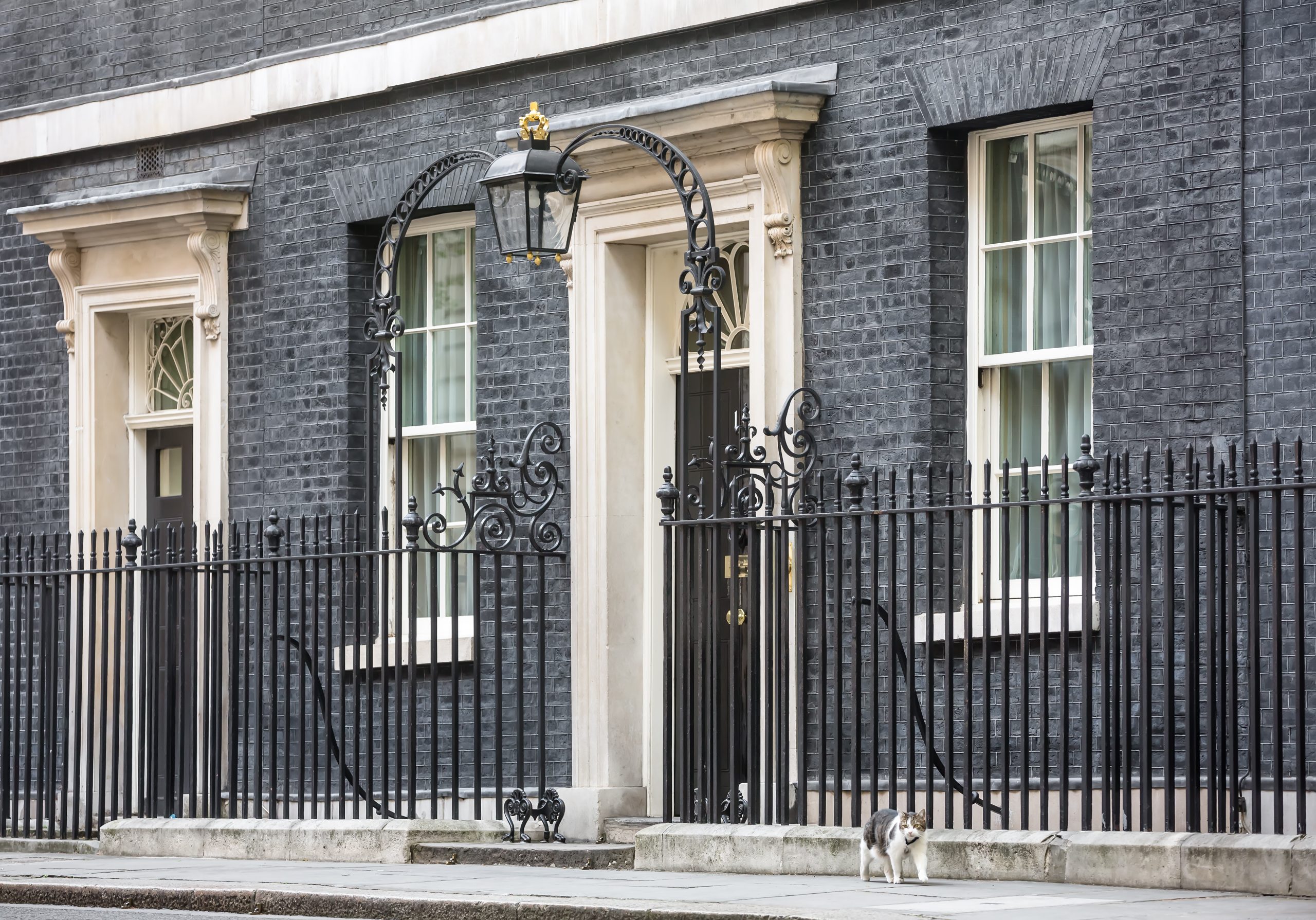So, now we know who the winner of the Conservative Party Leadership race and new Prime Minister is, what can we expect from them in terms of tax and spending?
No U-turn on cutting taxes
Whilst Liz Truss’ position on her response to the energy crisis seemed to pivot on several occasions during the election process, it looks as though her position on cutting taxes seems to have remained consistent and will bear fruit. She has been clear that the old mantra of ‘work pays’ holds true for her and so she seems fixed on setting a course towards lower levels of income tax and NI – potentiality even reversing this year’s NI increase as a first step. If she is to avoid claims of propping up the rich, any cuts in income tax will need to be universal and therefore suggest targeting the basic rate, currently 20% up to £50,000 (including personal allowance). Further increases in the personal allowance itself seem unlikely as do changing thresholds or introduction of new tax levels.
She has also said that she wants to make the UK a competitive and attractive place for business which would hint at lower corporation tax rates. For businesses enjoying larger profits, the previous administration had set in train a series of increases in corporation tax over the coming years and it is likely to be these that the new PM focuses on first, before dropping the underlying base rate for tax on limited company profits. So, we can expect to see those planned increases halted or scrapped altogether as an immediate step and then a longer term plan to attack the base rate, with some suggesting an ambitious target as low as 17% within a decade.
The pressure’s on
When we considered what a Truly Conservative Prime Minister might look like back in July at the start of the contest, it was already set against a back drop of spiralling inflation, a Covid debt hangover and a skills mismatch in the economy that resulted in high numbers of vacancies but low unemployment levels. Little did we know what the next six weeks of the race would deliver on the energy front or even what the first few days in office would throw at them.
So, Liz Truss and Kwasi Kwarteng have had ground to make up from day one, making a statement inside 48 hours about the energy price cap, to fend off the immediate fire at their feet. But some bold claims during the contest will need following through and eyes will be on Liz Truss to make good her promises and explain how they will be funded.
And, in case you’ve got lost in the political merry-go-round, it’s also worth being aware of the fact that we are now firmly inside the second half of the Parliament, with a general election due in May 2024. This is normally the point at which we start to see the incumbent government loosening the purse strings in a less than subtle bid to win votes. But with huge levels of government borrowing and a struggling economy, that now seems destined to go into recession or at the very least stagnate for a period, it’s questionable how far they will be able to go, without incurring masses of additional borrowing.
More plans than actions?
What this all boils down to is heaps of ambition and a positive strategy that feels unachievable with current resources at her disposal. Accordingly, when the new Chancellor delivers an interim statement to the House in the next few weeks, expect a lot of plans and long term commitments and a roadmap covering at least the next Parliament, but maybe keep the champagne on ice for huge tax giveaways now. It may be that aspects of their plan can be accelerated in late 2023 or immediately prior to the election if the economy responds better than expected, but undoubtedly Liz Truss will want to keep those sorts of boosts up her sleeve rather than aim for the starts now and risk missing.
